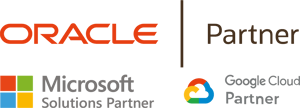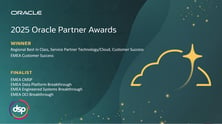Do you need support with GCP Databases?
Data and Databses
Google Cloud - Data and Databases
Relational databases continue to dominate the application storage market by around 2:1 versus NoSQL equivalents and this doesn’t look to be changing soon, with many Enterprise Application Architectures wedded to the relational engines. However, this doesn’t mean that there isn’t an opportunity to optimise through migration to Google Cloud Platform (GCP).
There are 3 primary database groups that you can run in GCP:
Enterprise vendor:
- Microsoft SQL Server & Oracle RDBMS
Open Source
- MySQL (and variants) & PostgreSQL
GCP native
- Cloud SQL & Cloud Spanner
Microsoft and Open Source can be run through a number of means:
- Via optimised VM images on Compute Engine (IaaS)
- Managed instance through Cloud SQL (PaaS)
Oracle is restricted through its licensing policies however, it can still be deployed through the following means:
- Via optimised VM images on Compute Engine where an Enterprise Agreement (EA) or Unlimited License Agreement (ULA) is in place
- Via bare metal instance “close to” the Google Cloud Platform (within 1 millisecond latency)
Migration Assessment
As part of a migration assessment, DSP will review the current application architecture and make recommendations on the following areas:
- Improve performance
- Improve resilience / high availability
- Architect for scale
- Modernise through upgrade and consolidation
- Real time analytics and Machine Learning integration
Taking advantage of standard GCP availability and performance features may also reduce existing support costs, for instance encryption as Google is encrypted by default at rest.
Get in Touch



.png?width=250&height=56&name=stonewater-logo%20(1).png)


